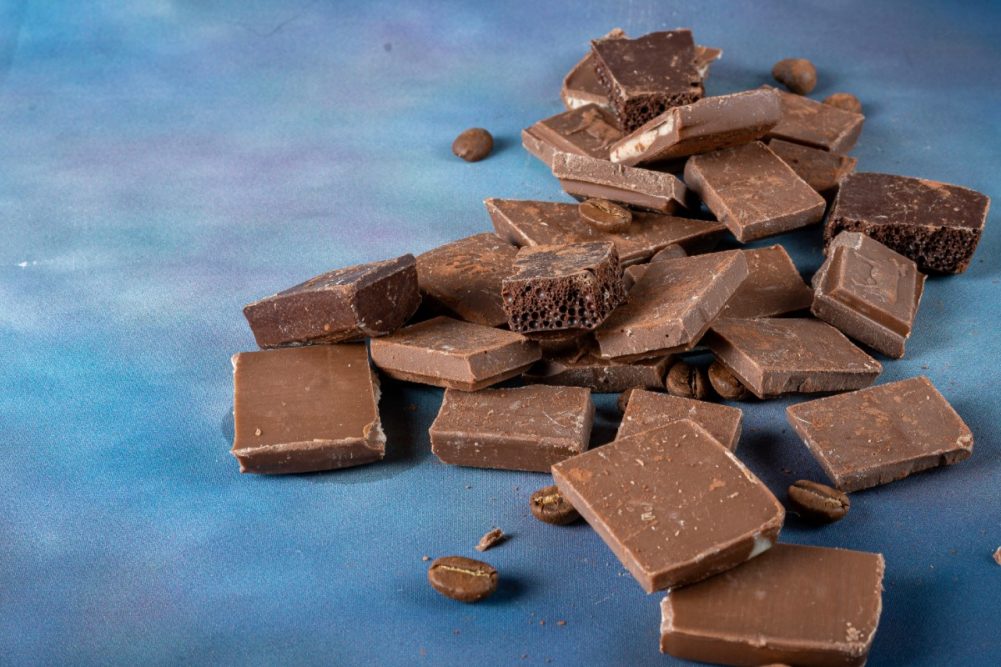T. Hasegawa USA is forecasting consumer preferences in packaged foods, beverages, and foodservice menus, with its latest “Flavor Flash” report on flavor trends in desserts and confections.
For one, simplicity and familiarity are key for desserts and confections. Standing out in a crowded marketplace means building on classics, not strictly focusing on indulgence and innovation.
Mintel research reveals that 44% of consumers consider the best desserts to be the simplest, indicating that simple does not mean basic or boring, but rather reliable and trusted, perhaps with an occasional twist for interest.
Dessert indulgence is about more than flavor alone. According to Mintel research, 48% of people say that texture is an important part of the overall experience of eating desserts. Brands looking to enhance indulgence can layer flavors and textures to help products stand out in a saturated market. More than 39% of consumers are interested in unique flavor pairings within the dessert category.
Women are an ideal target market for desserts and confections. Not only are women the biggest consumers of most desserts and confections, they’re also the most open to innovation in new flavors. Reaching women in this category doesn’t require hitting every mark, but rather picking a few key areas and doing it really well to stand out.
Both women and men have similar taste choices when it comes to desserts. In the last three months, chocolate candy, cookies and ice cream emerged as the most consumed desserts for both men and women. There is a shared consensus regarding what constitutes an inventive dessert, ensuring that a particular innovation will not isolate either group.
Enhancing classic flavors is a safe way to balance familiarity with adventure. Nearly half of those surveyed in a Mintel study expressed interest in sampling desserts or confections with a caramelized or more pronounced take on familiar flavors.
Desserts remain an accessible luxury, as snacking continues to surge. Heightened consumer stress presents opportunities for desserts and confections to satisfy the desire for small indulgences. Despite economic challenges, including inflation and reports of reduced spending on non-essential items, most desserts and confections sustained their positive trajectory as affordable luxuries.
Social media trends are having a growing influence on dessert flavors. As younger Americans drink less alcohol, their interest in alcohol-inspired flavors is also falling, but other beverages such as cold coffee, latte and horchata are growing in dessert innovation. Inspiration for these flavors is increasingly shared in the form of “viral” social media trends among younger consumers, who show a higher interest in innovative flavor profiles than other demographics.
Older consumers show less interest in “new” flavors. Older consumers seek uncomplicated, traditional dessert options, texture and more. As individuals age, they may indulge less frequently, emphasizing the significance of quality when treating themselves.

